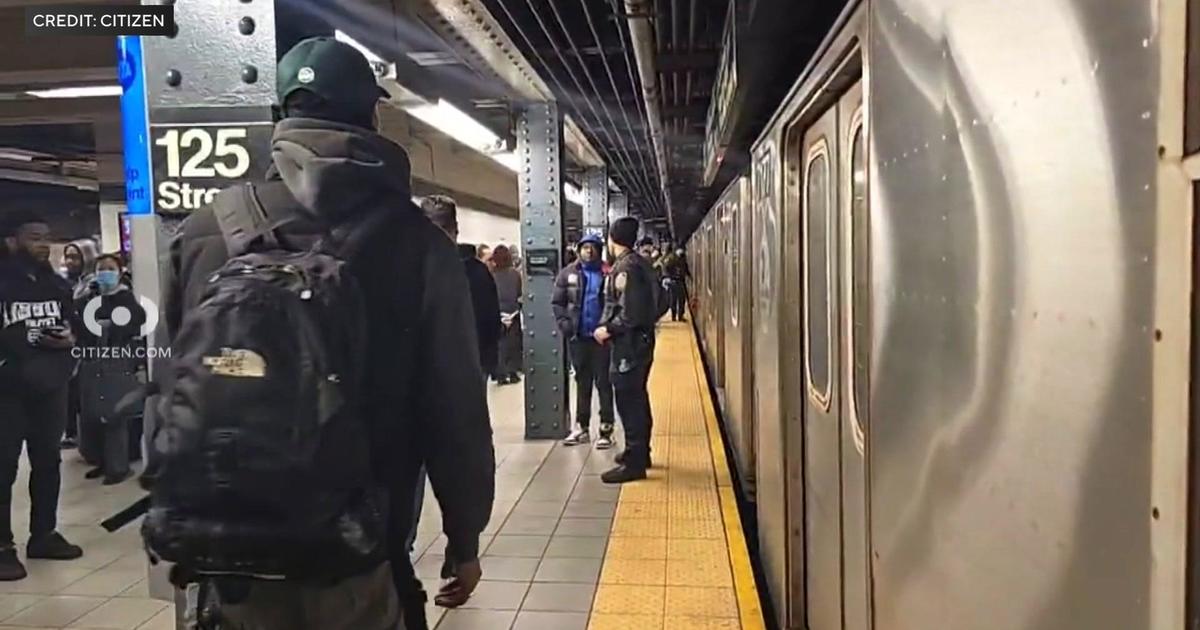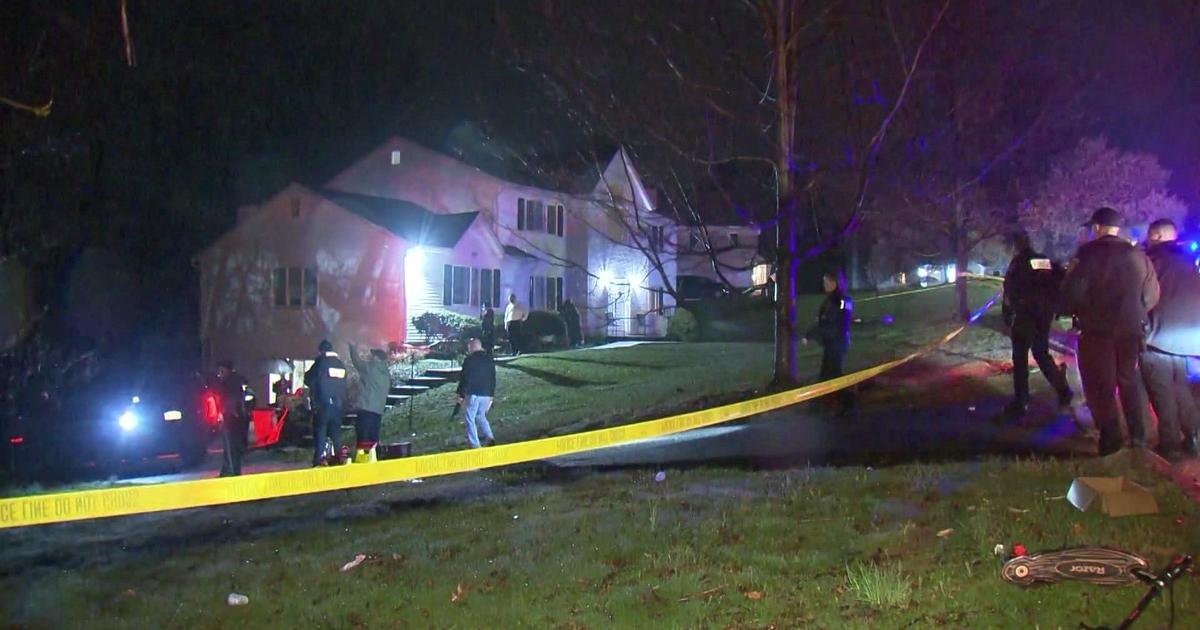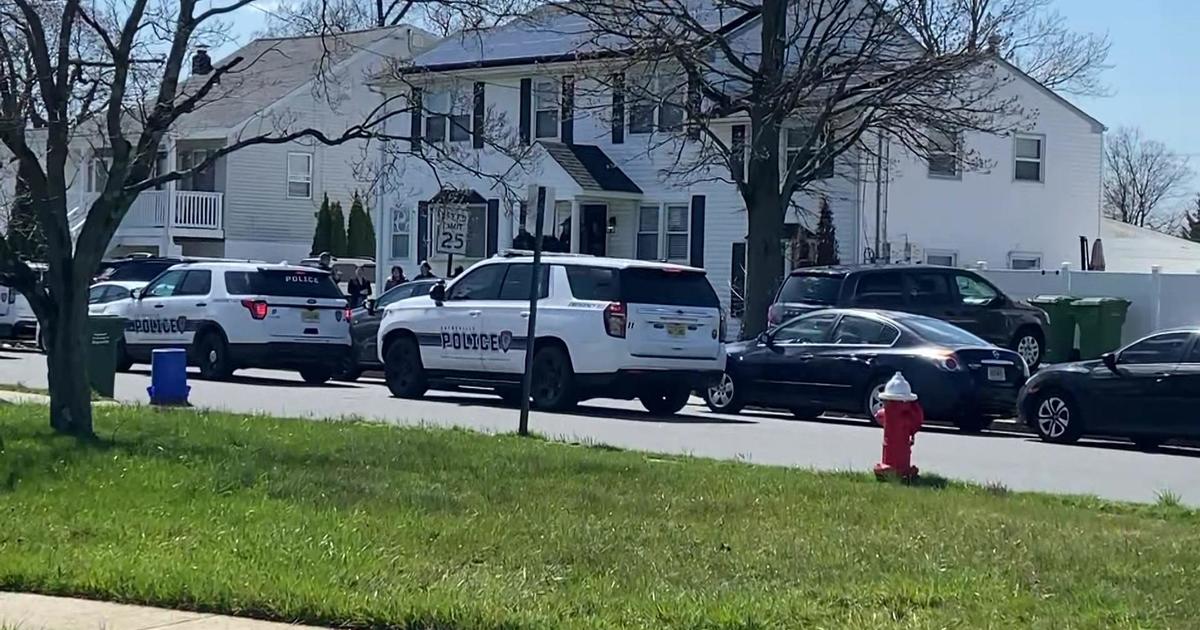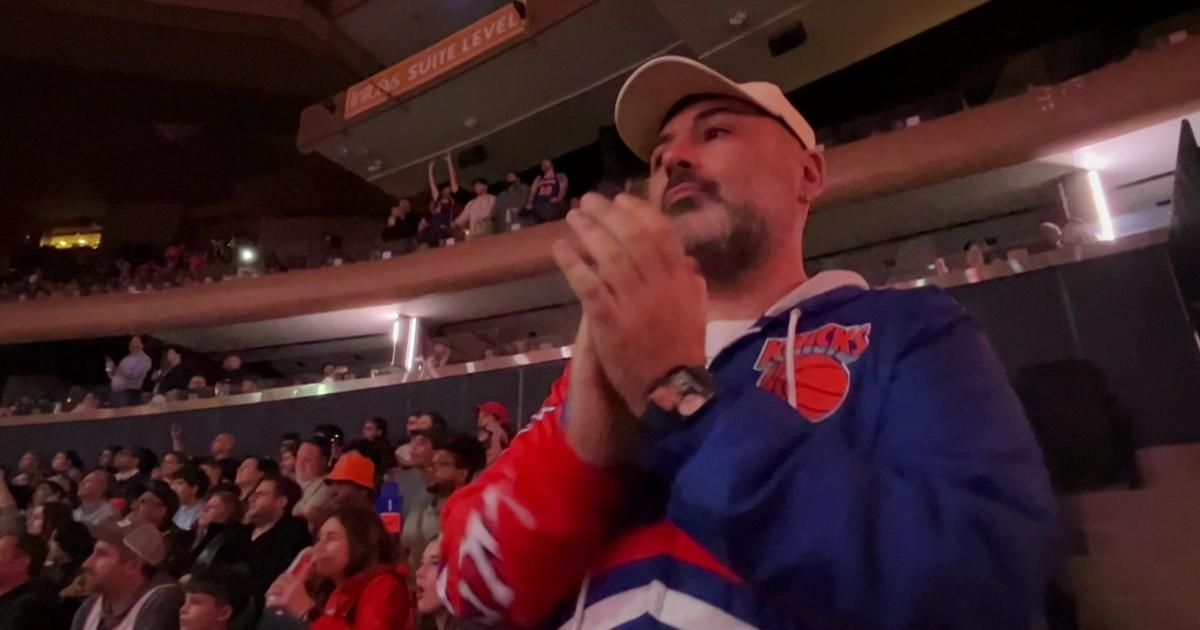Karina Vetrano's Father Hopes Familial DNA Testing Can Solve Murder
NEW YORK (CBSNewYork) -- It has been more than four months since Karina Vetrano was murdered while out jogging in Howard Beach, Queens, and now her family is getting ready to spend their first Christmas without her.
As CBS2's Jessica Layton reported, Vetrano's father, Phil Vetrano, is now leading the fight for the type of DNA testing he believes will lead police to her killer.
On a block of elaborately lit homes in Howard Beach, the Vetrano family home sits in the dark without a single decoration. Inside, a devastated, but matter-of-fact father sites in on a couch in the basement.
"There are no holidays," he said. "I don't even consider them – you know, there's no holiday. Every day is the same."
Christmas was Karina Vetrano's favorite holiday. Her broken family cannot bear to celebrate.
"No, not this year," Phil Vetrano said.
Knowing she is gone and her killer is still on the run is just too much.
On Aug. 2, it was Karina who went for a run alone in Spring Creek Park. Later that night, Phil Vetrano found his 30-year-old daughter's abused and bloodied body in the weeds.
Four and a half months later, the massive police presence in the area is gone. But the Vetranos refuse to let the trail run completely cold.
"We can't even begin to have closure until this pathetic thing is caught, apprehended and locked up," Phil Vetrano said.
Phil Vetrano is now going down a new path – one he believes could lead to a big break in finding his daughter's killer.
Familial DNA testing is allowed in nine states, but not New York. In Karina Vetrano's case, the killer's DNA from the scene did not match anyone in the databank.
Familial DNA searching goes deeper, using special software to look for a similar, but not exact match – indicating that the suspect could be related to someone in the system.
"There's untold amount of cold cases that will be solved by this," Phil Vetrano said.
But the American Civil Liberties Union is pushing back, saying such a policy could lead to "miscarriages of justice." Phil Vetrano doesn't buy it.
"Well, I think they're just ignorant – ignorant of the facts that we are just targeting criminals," he said.
In this case, where police have adopted all leads, the push is giving Phil Vetrano a renewed sense of hope.
"It's something to go on," he said. "I can assure you it will be done."
The Queens District Attorney is among those who support such DNA testing. A decision by the state could come early next year, but there are no guarantees that it would help in Karina Vetrano's case.
Police called Vetrano a "young, vibrant woman" and said she had recently begun working as a speech pathologist for autistic children when she was killed.
• The killer is likely familiar with the park and might have spent time there for any number of reasons. The park is used by fishermen, dirt bike riders, environmentalists and other outdoor enthusiasts, and some parts of it are also a gathering place for recreational drug and alcohol users.
• The assailant might have been frequenting the park for days, weeks or months before the attack and was likely a familiar face to those who come to the park on a regular basis.
• After the attack, the assailant might have stopped visiting or living in the park abruptly. He may have moved his recreational activities or residence to another part of the borough or city, and he may have provided a seemingly reasonable excuse to do so to those he knew. He might even have suggested his avoidance of the park was due to the danger there, police said.
• In the hours after the attack on Vetrano, anyone who saw him might have observed that he looked disheveled and might have had scratches or cuts to his hands, arms, neck or face. It might have appeared that he was in a fight or accident, and he might have given any of a variety of excuses for his appearance.
• The man also might have noticeably changed his level of drug, alcohol or tobacco uses after Vetrano's slaying, and he might have paid careful attention to news reports on the attack. He might have taken steps to limit his exposure to the news, and he might have changed his appearance, police said. The changes may have been noticed by someone close to the assailant, and he might have casually dismissed them with or without explanation.



